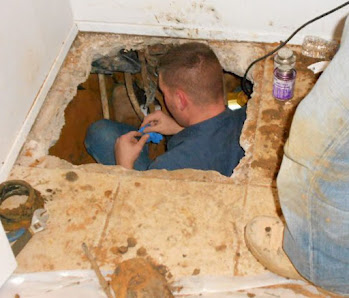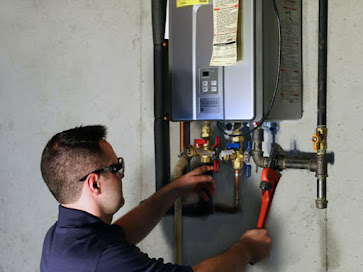The DIY guide for slab leak repair

The DIY guide for slab leak repair is a homeowner's dream. It provides everything you need to know about the process, and will help you complete the job quickly and correctly with minimal mess. This blog post contains detailed instructions on how to identify where your water is coming from, which tools are best suited for this type of work, what materials you'll need before starting the project, and how to fix it by following four easy steps! Don't leave your leaking pipes any longer than necessary - find out more now! I've been helping homeowners fix their slab leaks for seven years now and every one of them has asked those same questions at some point. Let's take a look at these three questions: Is it hard to do this type of repair work yourself? It's not difficult, and any homeowner can follow my DIY guide for concrete slab repairs to successfully complete the task. If you follow my guide, you'll have a firm understanding of what to do, how to do it and ...



